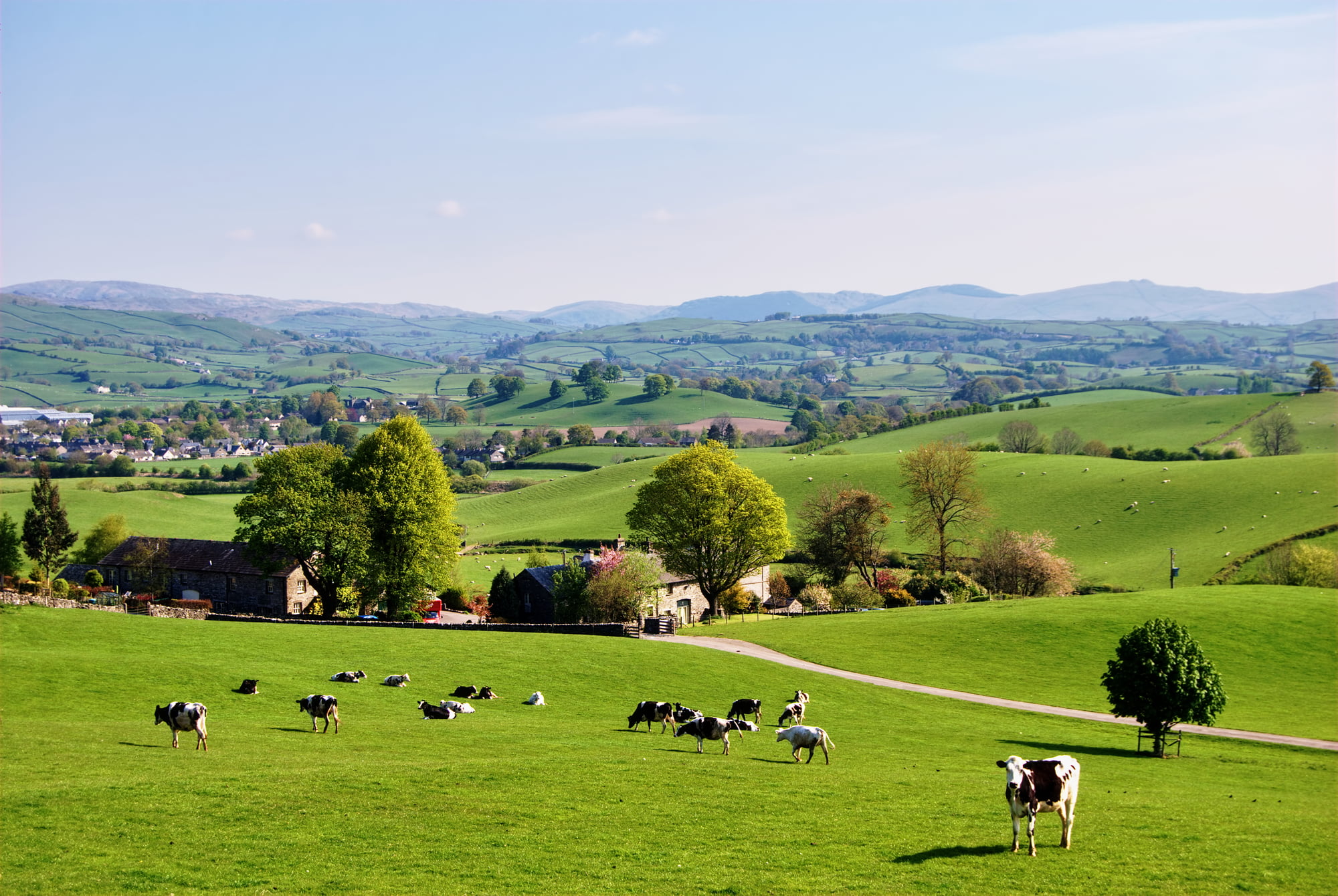Rural properties near Brisbane are becoming an attractive option for investors and homeowners alike. With the shift to “work from home” looking like a more permanent way of doing business, the need to be inner city or living in the ’burbs close to the office becomes a little less necessary.
If you are contemplating making a tree-change that is still close enough to Brisbane to make the occasional commute feasible, you will have looked at rural and semi-rural properties in the surrounding regional council areas. While the huge blocks and spacious houses sound attractive, rural and semi-rural properties come with challenges that city dwellers may not have considered. Here is what you need to know.
Access to amenities on rural properties near Brisbane
So, how rural were you thinking? Will your property be on town water or will you need to be extremely water conscious because you are on tank or other water supply? If you are self-sufficient water-wise, you will also be responsible for waste management – yes, septic tanks and the like. Be prepared for the cost of regular inspection and service of your septic system which needs to be pumped every three to five years – and in drought years it can be necessary to truck water in. If the property is not on the town water supply, be on the lookout for well maintained and working water tanks, pumps and septic tanks.
Most semi-rural and rural properties within an hour of Brisbane will have access to power. However, this is not always the case, and with the increasing affordability of installing solar power and the rapid development of battery storage, it is not uncommon for people to go “off grid” on rural and semi-rural properties. People are now able to live very comfortably – including the ability to run air conditioners – with a large enough solar and battery system. In that case, back-up generators will also be installed, requiring service and maintenance.
City dwellers are accustomed to having all their waste management taken care of by council. General waste collection services, kerb-side collection programs, recycling and green waste services may not be accessible on your rural property. Sometimes waste management on an outer Brisbane semi-rural property may involve popping the bins on a trailer to take to the end of a very long driveway.
Are ALL your buildings defect-free?
Whether the main house is a traditional character filled Queenslander (original or transported) or a newer build, your pest inspector will be on the lookout for past and current pest damage. Rodents, reptiles, termites and a variety of borer species are some of the more damaging pests prevalent in rural settings. Pest inspectors are trained to identify previous and current pest damage as well as the type of pest, and will indicate what steps may need to be taken to remediate the damage and stop further damage from occurring.
Established rural and semi-rural properties tend to have more than one structure on the property. Often the property will have detached garages (excellent for housing the ride-on mower required for larger properties), stables and other buildings. During an external and allotment inspection, your inspector will establish whether there are any defects affecting the buildings.
Fencing and rural properties
Local governments will usually require you to ensure your land is fenced. If animals are kept on the property, owners must ensure adequate fencing or enclosures to contain any animals. A full pre-purchase building inspection will include an allotment inspection that will look at and report back on the condition of your fences if they are within a certain distance from the house.
With regards to pool fencing, all pools in Queensland homes must be fenced according to law. However, other bodies of water such as dams and other watercourses are not required to be fenced. You can find more of our inspector’s tips regarding buying properties with pools here.
Permitted land clearing
Your building and pest inspector may identify problem trees and vegetation on rural properties. The Queensland Government and the Australian Government regulate the clearing of native vegetation in Queensland. Does your property fall within a Koala Habitat Area? Does your regional council have requirements that differ to the State or Federal regulations? If you intend clearing the land at all, you will need to obtain a property report and vegetation maps to help you identify what clearing is permitted and whether permits are required for select clearing.
Fire risk on a rural property
Bushfire is a risk in rural South East Queensland. Your building and pest inspector will identify other potential fire hazards, such as omission of electrical safety switches, full gutters and excessive branch, timber and leaf fall around the property.
Your rural or semi-rural property will ideally come equipped with a fire suppression system attached to the main house. In the case of bushfire, the power and mains water supply (if it exists on your property) may become compromised. The water system will need a backup supply of water and power and a working pump and generator will be essential. Any fire suppression system needs to be serviced and inspected by a qualified technician.
Rural landholders should develop a bushfire management plan in conjunction with the QFES and the local council. Local councils may have hazard fuel load reduction requirements and one of the permitted purposes of land clearing is for fire risk management. The Queensland Fire and Biodiversity Consortium works with local governments and has produced a helpful resource to assist with the development of a property fire management plan.
As you can see, investing in a rural or semi-rural property in the Brisbane area will also mean a significant investment of your time going forward. The maintenance of larger properties can be time intensive and costly. Talk to the locals to get a feel for what the local council does for its community. Be sure to do your homework and look at the local regional council requirements around land maintenance. And always get a thorough building and pest inspection to ensure you are not buying into a multitude of costly defects that can affect your safety.
Book a pre-purchase inspection before you purchase the rural property of your dreams! Contact us today.

